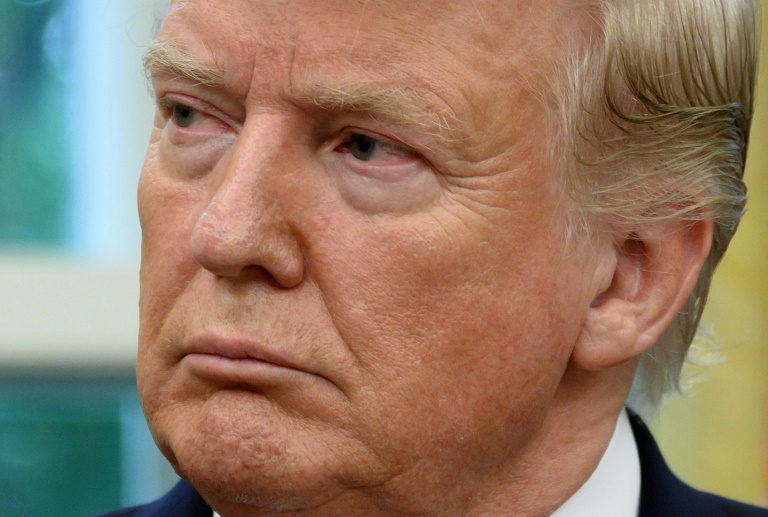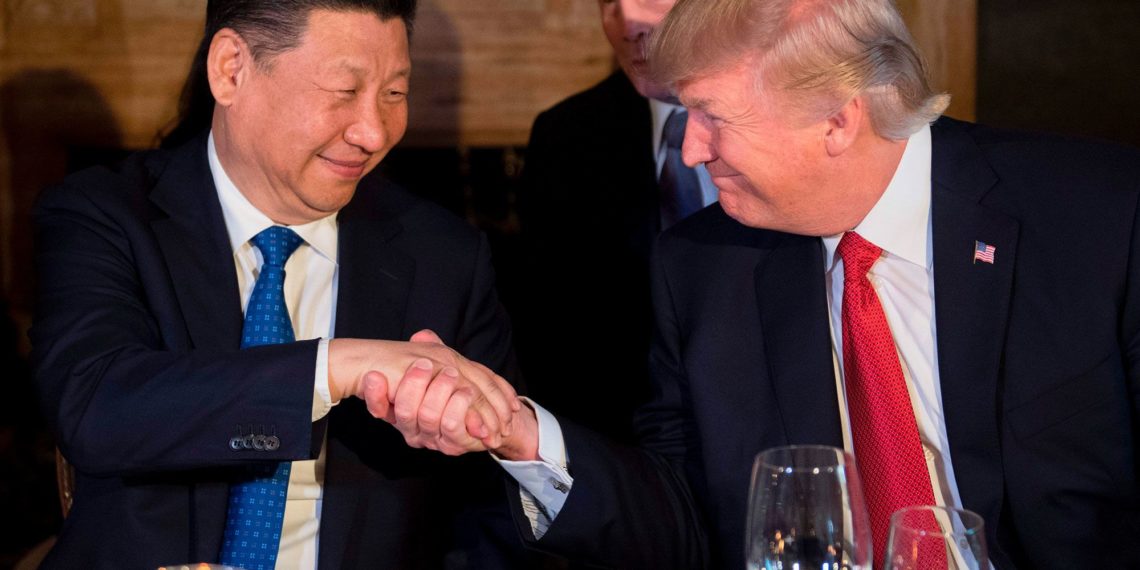At last week’s meeting of the Cooperation Council of Turkic Speaking States, the Azeri, Kazakh, Kyrgyz, and Turkish leaders, joined by the Hungarian leader in observer status, welcomed Uzbekistan as a new member. Despite its name, the common denominator within the Council is not the common language – Hungarian is Finno-Ugric – but the fact that none of them is a liberal democracy.
The terms illiberal and anti-liberal are often used to describe such regimes, without much consideration paid to the terms’ differences. Both adjectives express the fundamental distinction between these political systems and Western-style democracies, but we would understand them better if we distinguished between illiberal and anti-liberal countries.
Difference Illiberalism and Anti-Liberalism
Illiberalism should primarily refer to a form of decision-making that lacks the features of constitutionalism. This is in line with political scientist Fareed Zakaria’s “illiberal democracy” concept, except that only a small portion of illiberal regimes happen to be democratic in the sense of running free and fair elections.
In an illiberal system, the leader aspires to be the father of the nation. The political discourse focuses on concepts such as harmony and spirituality. Such regimes tend to advocate multilateralism in international affairs.
Anti-liberal regimes, on the other hand, are typically freer and more democratic, and their institutional framework contains significant elements of constitutionalism. But such systems are also more polarized than the illiberal ones.
Their leaders use a combative language against both the internal opposition and supra-national actors like the European Union. Most importantly, their propaganda is based on an ideology that explicitly frames modern liberalism as an enemy.
Non-Liberal Leaders
Illiberalism has been represented by leaders such as former President of Uzbek SSR Islam Karimov and Chinese President Xi Jinping, while anti-liberalism has been displayed by Hungary’s Viktor Orban, Brazil’s Jair Bolsonaro, and American President Donald Trump.

The former leaders disregard the possibility of a government constrained by horizontal accountability, whereas the latter group denounces the very principle of checks and balances and actively undermines its institutions. The chairman of the Hungarian Parliament, for example, nonchalantly called just a few days ago the idea of checks and balances a mere stupidity.
The more intensive the political competition in a country, the more likely it is that the authoritarian leaders will be anti-liberal, and not illiberal.
Developments
While illiberal regimes – that lack proper mechanisms for the protection of minority rights or juridical independence – have always been around, the appearance of self-confident anti-liberalism that attacks state-neutrality, robust civil society, or foreign policy based on the respect of human rights is relatively new on the global stage.
One further noteworthy phenomenon of the last decade is the convergence and rapprochement between the illiberals and anti-liberals. Vladimir Putin, a typical illiberal leader, increasingly adopts the anti-immigrant discourse of Italy’s Matteo Salvini or France’s Marine Le Pen, classical anti-liberal leaders.
Turkey’s President Recep Tayyip Erdogan and Orban, who have experimented with building illiberal regimes, realized that they could only function as leaders of the anti-liberal camp, not of the whole nation, and changed their rhetoric and actions accordingly.
The way Trump treats the strong men of the East and South betrays a genuine sympathy towards them and the possibility that an alliance with such leaders can be used productively in domestic conflicts with the liberals.
Rifts and Mergers in ‘Unholy Alliance’
There are still many rifts within this new “Unholy Alliance.”
The Polish and the Russian leaders, for example, do not see eye to eye. But there is an ideological and personal bridge being built between governments that have immediately opposing interests.
Poland’s Jaroslaw Kaczynski may not be a friend of Putin, but he is happy to meet Orban, who, on his turn, meets Putin or Erdogan more often than the West European leaders. And the distaste of critical media, NGOs, gay rights, anti-corruption agencies, and any institutional constraint on the sovereign national leaders constitutes a solid common ideological frame that bridges civilizational divides or conflicting economic interests.
Fake News Equals the Enemy of the People!
— Donald J. Trump (@realDonaldTrump) July 22, 2019
Whether Trump and Putin have petty common schemes or not, their similar disdain against constitutional limitations, multiculturalism, and universalism provides a rather profound basis for potential collaboration on the world stage.
The original example, the Turkic Council, is a regional project, and as such not particularly relevant for global processes. But it serves as a pertinent illustration of how illiberal and anti-liberal politicians can identify their common interests.
Liberal democracies increasingly face a coalition of potential enemies.
Disclaimer: The views and opinions expressed here are those of the author and do not necessarily reflect the editorial position of The Globe Post.





















